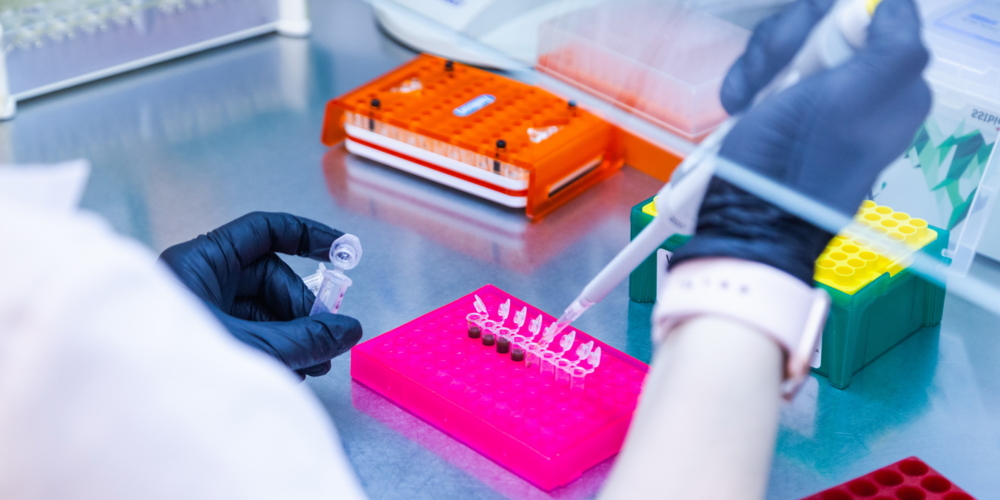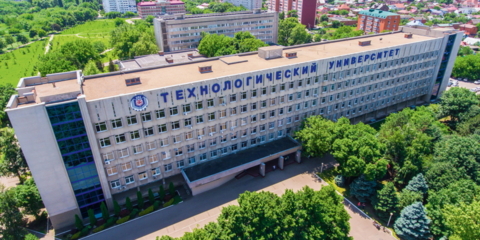Biomedical engineering is one the fastest changing fields of science and technology, with the largest number of discoveries. Bioengineers solve problems in such industries as biotechnologies, medicine, pharmaceutics, petrochemistry, equipment manufacturing, consulting, research and development. Students are trained in their degree field at specialized faculties of bioengineering, bioinformatics, pharmaceutical chemistry, molecular and cellular biology.
Graduates with a degree in biomedical technology can fulfill themselves in one of the following fields:
- Bioengineering – solves the problems of modern medicine and improves the health protection system.
- Biomedicine – largely a theoretical field related to studying the human body and diseases and searching for new treatment methods.
- Biopharmacology – studying the properties of biological substances and their further use in the pharmaceutical industry.
- Bioinformatics – practical application of mathematics and computer analysis in biology.
- Bionics – a practical field related to studying the principles of wildlife and living organisms and their application in medicine, technology, and other fields.
- Biomedical optics – MRT, spectrophotometry and other methods for studying bioorganisms, invention of new diagnostic techniques.
- Human bioengineering systems – development and installation of implanted pumps, other devices and equipment supporting proper functioning of heart and other internal organs and systems.
- Biomedical electronics – development of electronic devices and equipment for further use for diagnostic and therapeutic purposes.
- Biomedical computer technologies integrate computer modeling, planning of complex surgeries using special software, processing of biomedical images and signals on computers.







